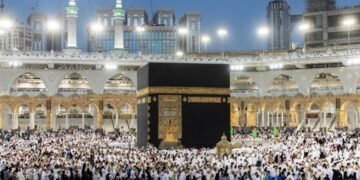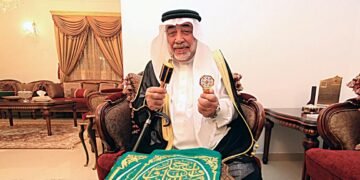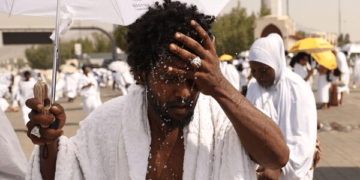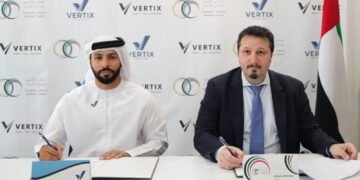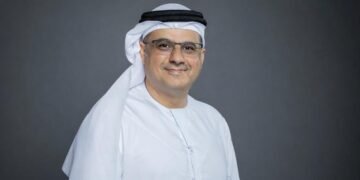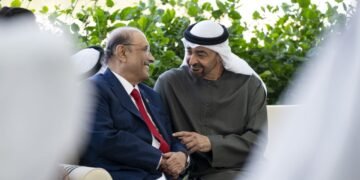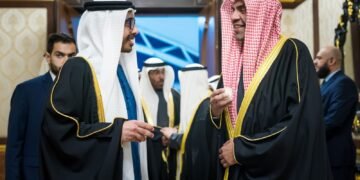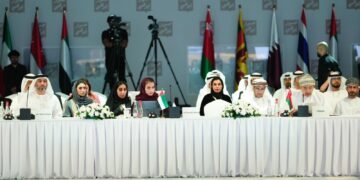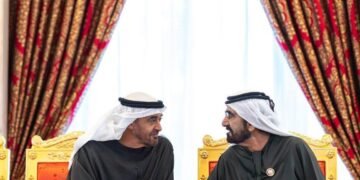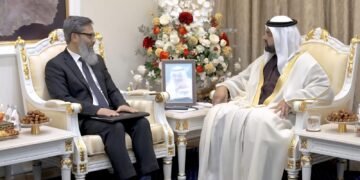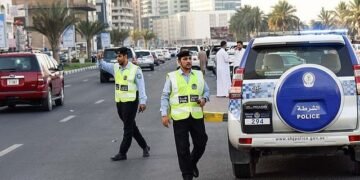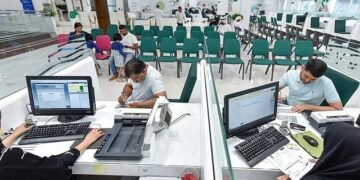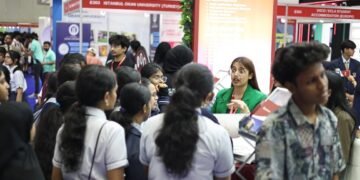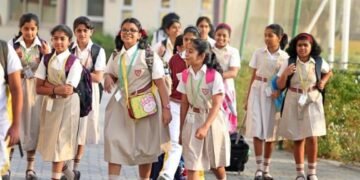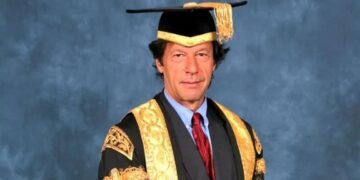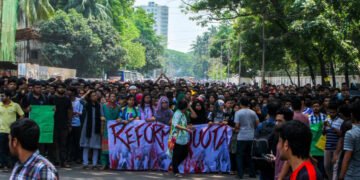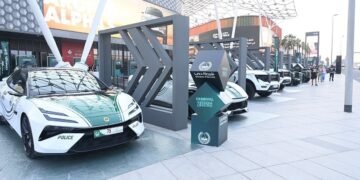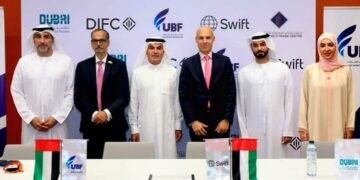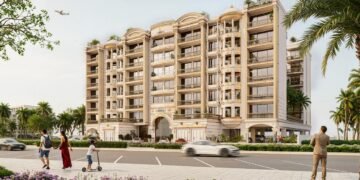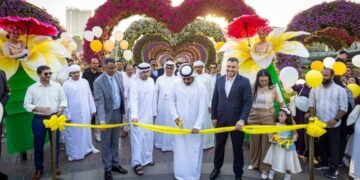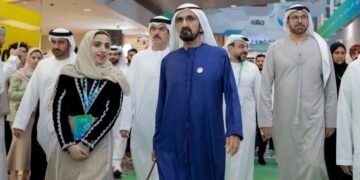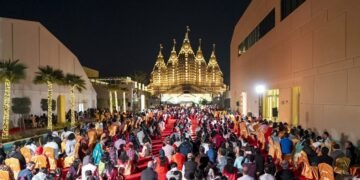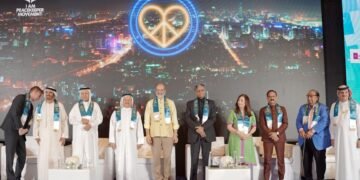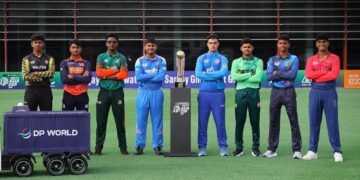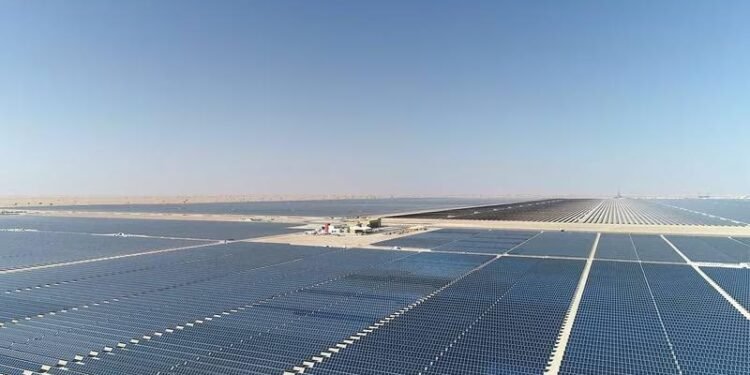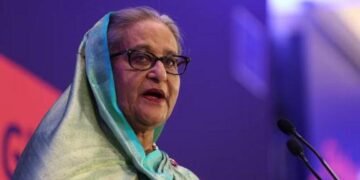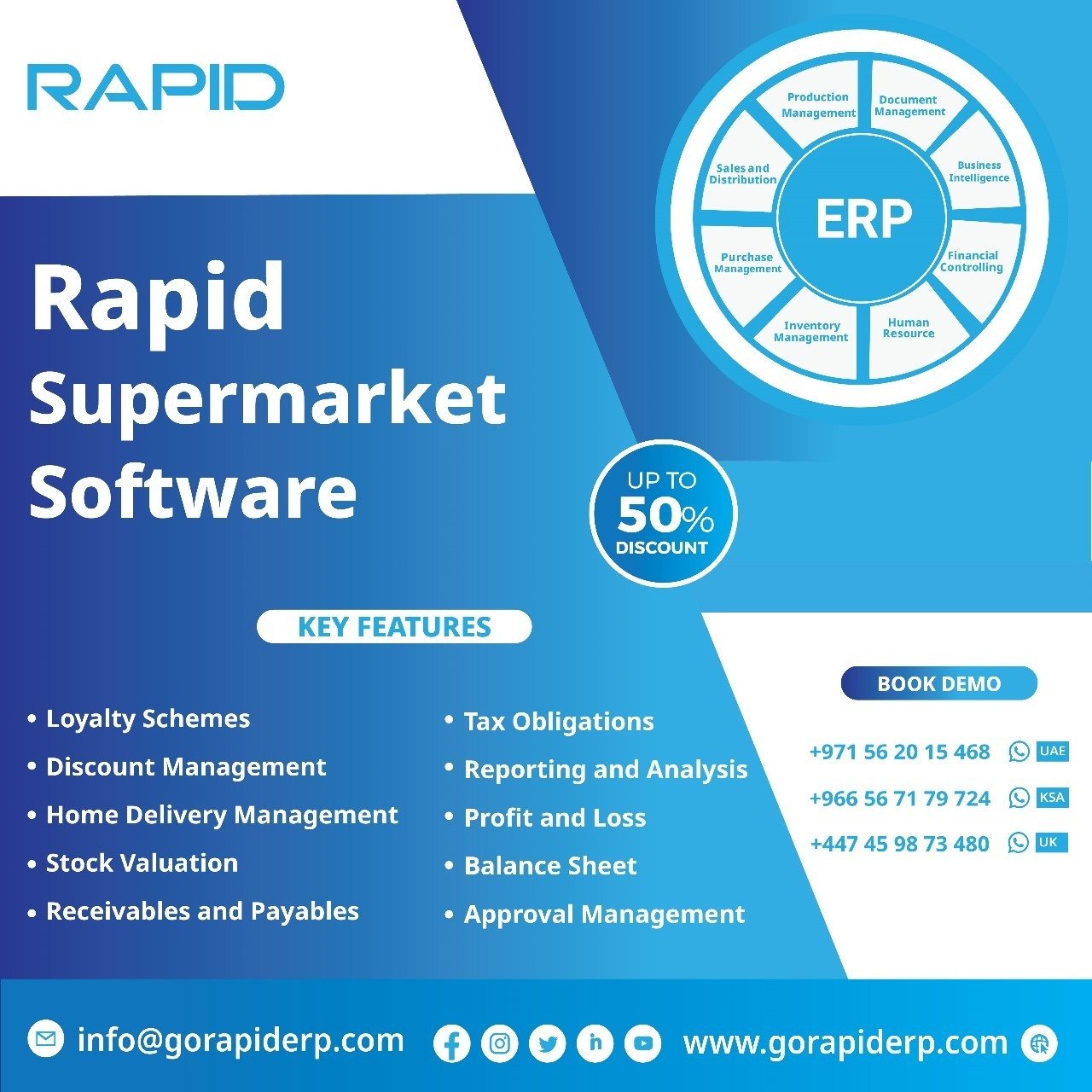The country ranks second globally in terms of per capita solar consumption
The UAE has emerged as a major player in the global solar energy market with the country second in the world in terms of solar energy consumption, as it continues to push towards green energy transition, according to an analysis of data from the Statistical Review of World Energy.
The country ranked second globally last year, behind Australia, in terms of per capita solar energy consumption. The Emirates consumed 1,921 kilowatt hours of solar energy per capita, compared to 3,868 kilowatt hours consumed by Australia last year.
In the previous year, too, the UAE was the second highest consumer of solar energy per capita. In 2021, the country’s per capita solar energy consumption stood at 1,747 kilowatt hours, while Australia topped the ranking at 3,149 kilowatt hours.
The UAE is investing heavily in clean energy projects and has announced several projects as it seeks to reach net-zero emissions by 2050.
The country is developing new clean energy projects such as the Barakah nuclear plant, as well as new solar projects, including the world’s largest solar plant in Al Dhafra region of Abu Dhabi, with a total capacity of two gigawatts, and the five-gigawatt Mohammed bin Rashid Al Maktoum Solar Park in Dubai.
The Arab world’s second-largest economy announced the updated version of the UAE Energy Strategy 2050 and the development of the National Hydrogen Strategy that were approved by the UAE Cabinet in July.
Under the updated objectives of the UAE Energy Strategy 2050, the country will invest between Dh150 billion and Dh200 billion by 2030 to ensure energy demand is met while sustaining economic growth in the UAE.
The UAE is best placed when it comes to utilising solar power potential in the world. More than 90 per cent of the country’s land mass has the capability to produce solar energy.
A growing portfolio of renewable and clean energy projects in the Emirates is significantly accelerating the decarbonisation of the country’s energy sector in line with the UAE Net Zero by 2050 strategic initiative.
Last week Sheikh Mohammed bin Rashid, Vice President and Ruler of Dubai, and Sheikh Mansour bin Zayed, Vice President, Deputy Prime Minister and Minister of the Presidential Court, witnessed the signing of an agreement between the Dubai Electricity and Water Authority and Masdar to implement the sixth phase of the project to develop the world’s largest single-site solar photovoltaic power plant.
The sixth phase will use PV solar panels based on the independent power producer model, and has an estimated cost of Dh5.51 billion ($1.4 billion).
Being awarded the project is “testament to Masdar’s track record in pioneering clean energy projects as we continue to support the UAE’s Net Zero by 2050 strategic initiative”, said Dr Sultan Al Jaber, Minister of Industry and Advanced Technology, chairman of Masdar and Cop28 President-designate.
“Ahead of our nation hosting Cop28 later this year, it is vital that the world triples global renewable energy capacity by 2030 to keep the ambition of 1.5 degrees within reach. This landmark project demonstrates definitive action in our shared journey towards a cleaner, greener future.”
Masdar was selected from 23 international bidders and offered a levelled cost of energy of $1.6215 cents per kilowatt hour (kWh), the lowest of any of Dewa’s solar IPP model projects to date.
The 1,800 megawatt sixth phase of the solar park will increase total production capacity to 4,660MW.
Source: The National




